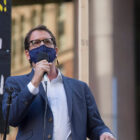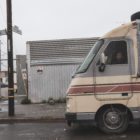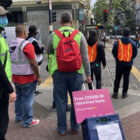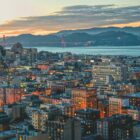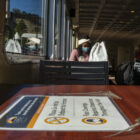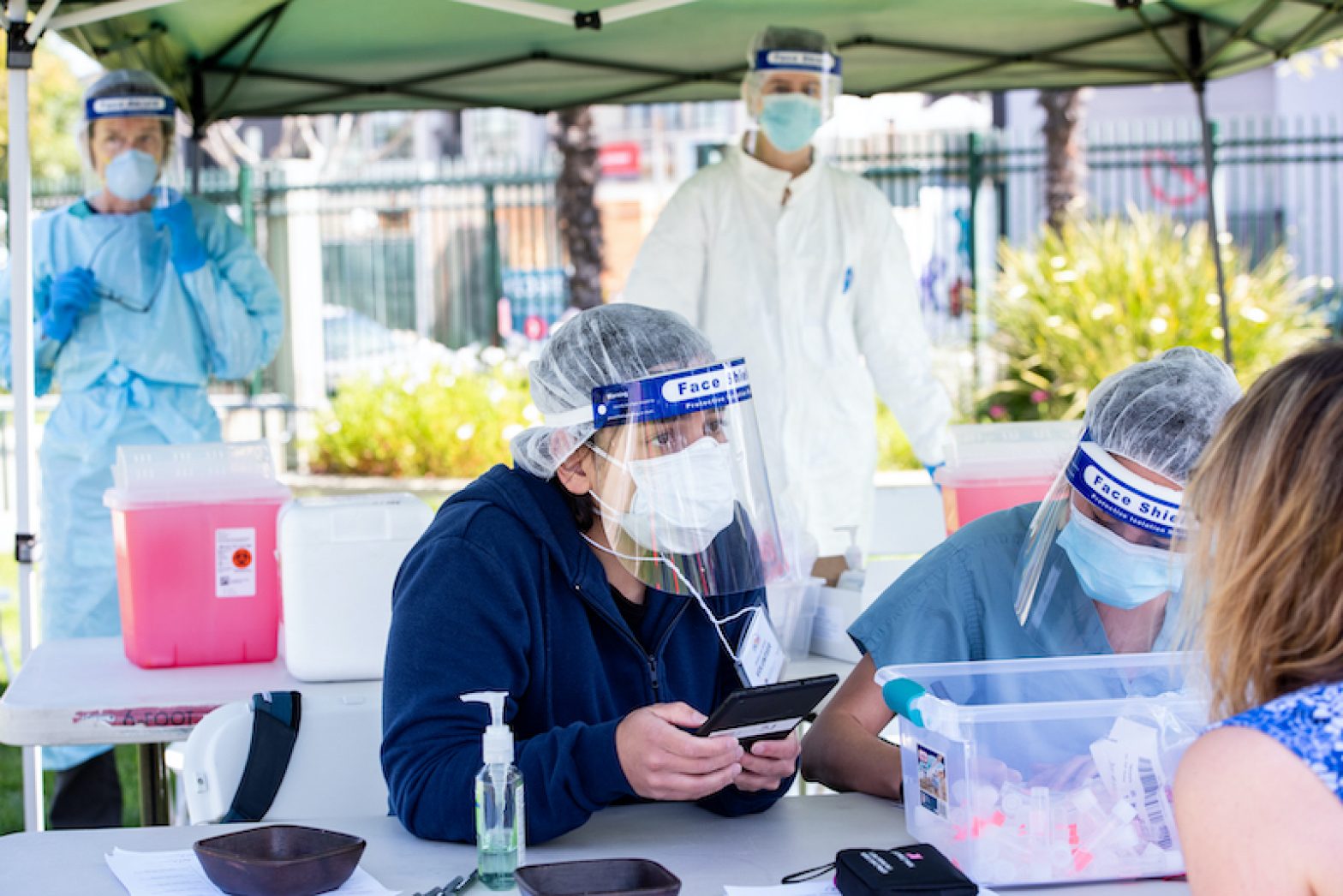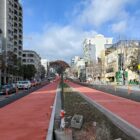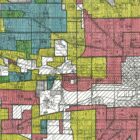07.13.2021
|
By Laura Wenus, Reporter & Host for "Civic"
Bruce Wheeler was diagnosed with COVID-19 last spring, but has never fully recovered, suffering a variety of symptoms of what has become known as “long COVID.” He’s not alone — according to a UC Davis overview of a handful of recent studies, more than one in four COVID-19 patients develop symptoms lasting for months, even if they had mild cases. About 100 potential symptoms have been identified. Wheeler and Dr. Brian Block, who has helped treat him and who is one of the founding clinicians at UCSF’s COVID recovery clinic, talked with “Civic” about the condition and how much is still unclear about its treatment. “I think we cannot overlook the effect of long-haul COVID on those who are trying to work and raise a family.
